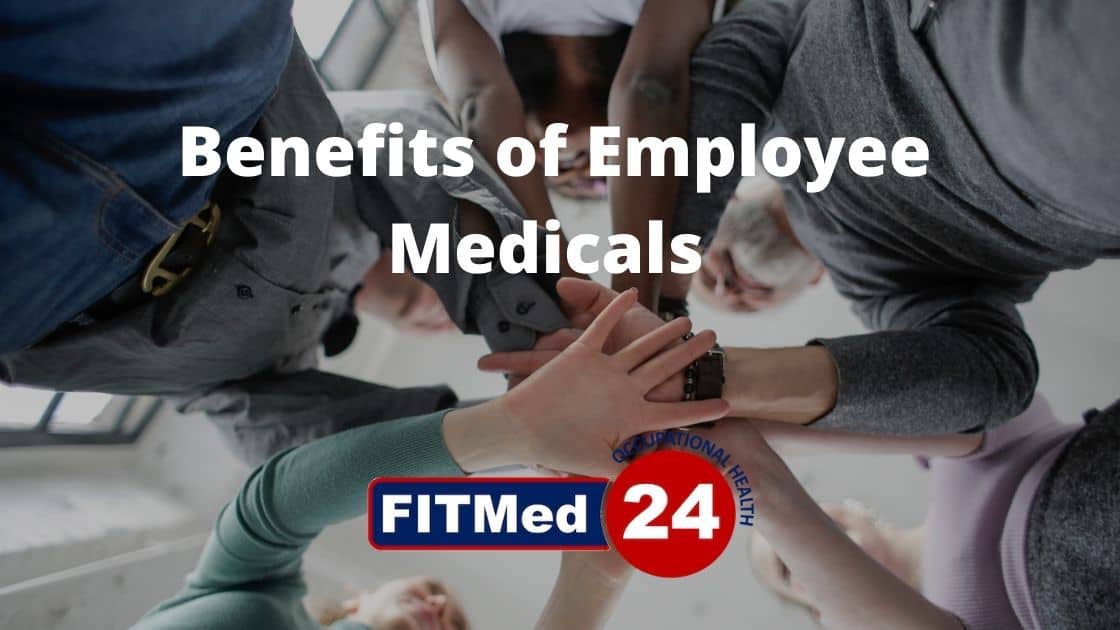Both Employers and Employees Reap the Benefits of Work Medicals

Under the terms of the Occupational Health and Safety Act, employers in South Africa are obliged to take whatever steps may be necessary to protect their staff from any hazards in the workplace that might present a potential risk. While much of their effort must obviously focus on the detection, evaluation, and mitigation of such hazards, the benefits of conducting work medicals should never be underestimated and, ideally, these should form a basic part of a company’s health and safety programme.
Like the initial risk assessment, the examination of workers must be performed by personnel with an appropriate qualification in occupational health, in this case, either a medical doctor or a suitably qualified nurse. In addition to their standard professional training, they will have been given the specialist knowledge necessary for this specific type of activity. For example, doctors who undertake to provide companies with the benefits of work medicals will need to be familiar with the workplace surveillance requirements of different industries, such as construction, petroleum and gas, and mining, while nurses must be able to perform hearing, vision, and lung function tests.
Conducting checks for hazards in the working environment is required under the Department of Labour’s health and safety regulations while monitoring employees’ health is optional. In practice, however, for both employers and employees, there are a number of valuable benefits of introducing work medicals. The fundamental aim of these is to ensure the health of those people upon whom the company depends for its operation and a profitable income. A fit workforce is one of the best ways in which to ensure a company remains as productive as possible. Staff attitudes are also important and, because providing this service is purely voluntary, it can also be seen as an act of caring on the part of management and, as such, it can help to promote loyalty and greater enthusiasm for the job by a happy workforce.
There are also benefits of work medicals when they form part of the employment process. The results can ensure that a candidate is physically suited to the job, and has the right qualifications and experience. An employer, for example, would not want a typhoid carrier working in a restaurant kitchen or to employ someone with Ménière’s disease to work on a high-rise construction site.
For those in high-risk occupations, one of the more important benefits of work medicals is that they serve as a screening option to help prevent disabling illnesses, as these could very well result in costly claims for industrial compensation. Including regular hearing tests in the programme, for example, could prevent claims for noise-induced hearing loss.
Recent Posts
In today’s competitive business landscape, many companies view employee medicals as a necessary expense a grudge buy. However, this perception is changing as more organizations recognize the...
Exposing the Risks of Fake Occupational Medical Certificates: Why Verification is Crucial
In today's competitive business environment, ensuring workplace safety and compliance is paramount. However, a disturbing trend has emerged where companies fall victim to fraudulent practices...
